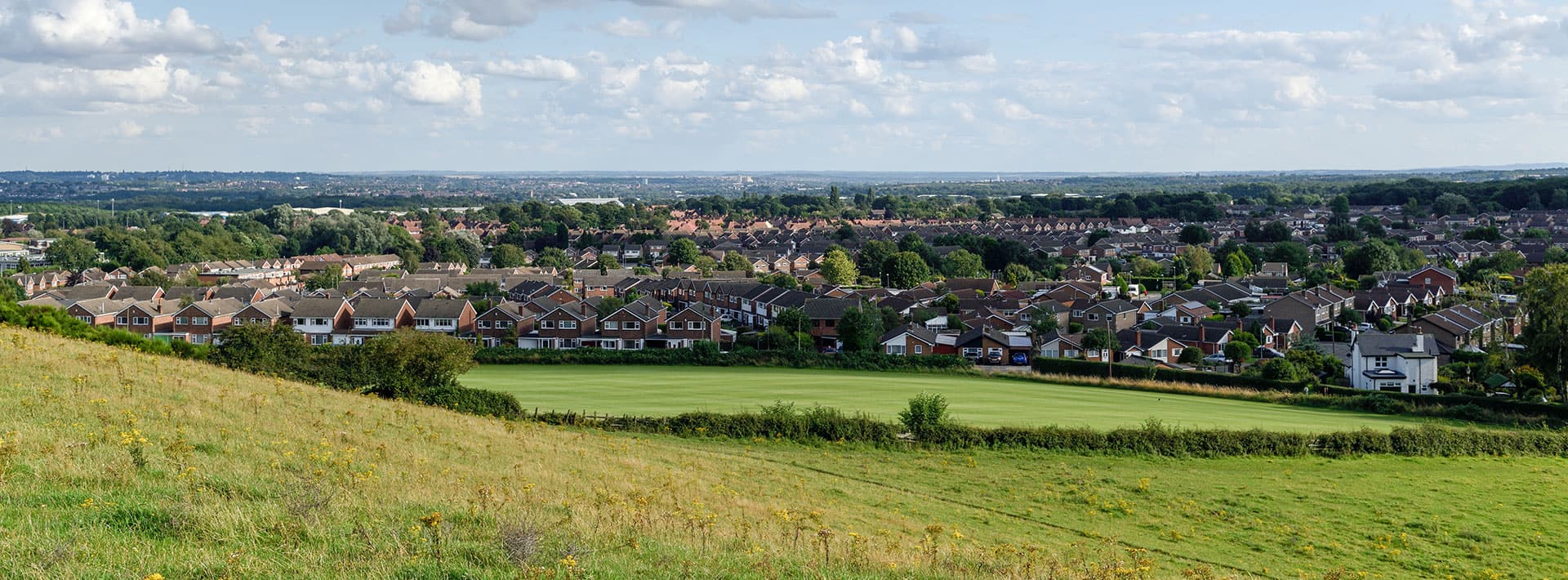
Eating and Moving for Good Health

Living with obesity increases the risks of diabetes, cardiovascular (heart) diseases, musculoskeletal (bones and muscle) conditions and some cancers. As well as impacting on people’s physical health, living with obesity can also affect mental wellbeing and has been associated with anxiety and depression.
For those not living with obesity, what we eat and how much we move are still important factors that influence our health and wellbeing. Food shapes all our lives, our communities, and our environment through the way its produced, packaged, and transported, as well as who we buy from, and who we eat with. The increased awareness and interest in the role of food on climate change and our health as well as a growing consciousness about food poverty, present opportunities for change.
Everyone experiences multiple barriers and challenges to eating and moving for good health. These factors are complex and broad, for example:
- How easy it is to walk or cycle in the community
- If we live surrounded by fast food shops
- The skills we acquire as we grow up (e.g., cooking, physical literacy)
- If we can afford to choose healthy food or afford to access sport equipment/facilities
We have built on previous childhood obesity workshops with health and care stakeholders, community organisations, schools, and parents. We have identified five broad domains to be explored in order to provide structure to our whole system approach:

Food plans: sustainable food, food poverty and the food environment

Physical activity leisure centres, parks and open spaces

Education in schools and nurseries

Community and voluntary sector collaboration

Healthy weight management pathways
How will we know we have made a difference?
We will use the Public Health Outcomes Framework indicators on the proportion of Reception and Year 6 children who are living with overweight and obesity, and the proportion of adults living with overweight and obesity.
In addition, we will look at change in variables on diet quality such as the proportion of the adult population meeting the recommended ‘5-a-day’ on a ‘usual day’, and proportion of physically active children and young people, and adults.
We will work with partners to share local data and insight including service evaluations. It remains important to capture lived experience and while some changes will take time before they are ‘felt’ by individuals, others may have a more noticeable short-term impact. Open conversations with our residents; community organisations and wider stakeholders will also guide our learning.
Read about our other programmes of work…

The Nottingham City PBP is part of the Nottingham and Nottinghamshire Integrated Care System (ICS).
We will work together to create happier, healthier communities
and reduce the gap in healthy life expectancy across
Nottingham city.



